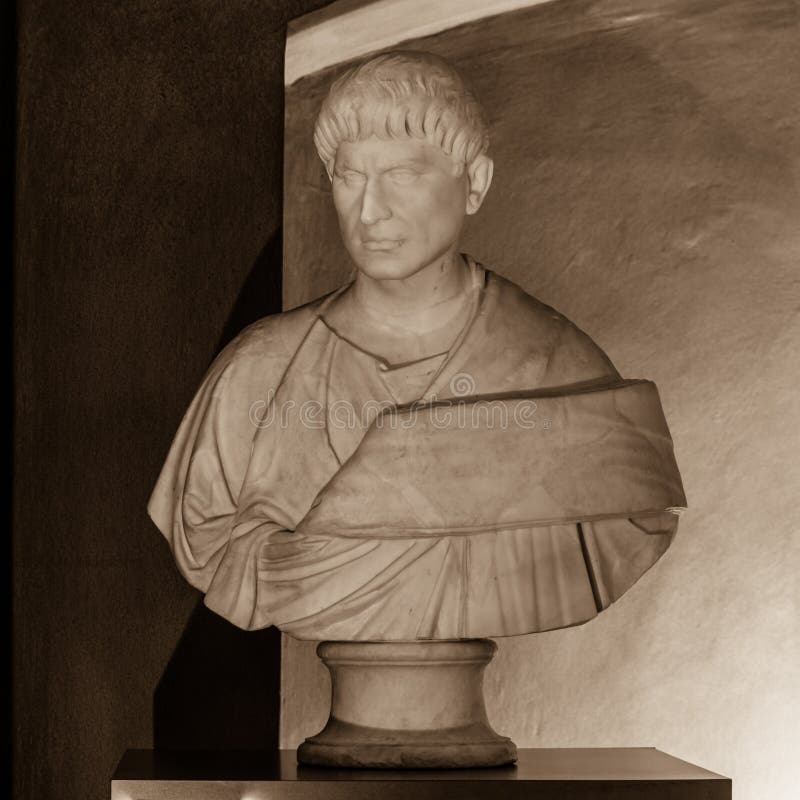

It was at this point people began calling him ‘Publicola’ (‘people’s friend’). War with the SabinesĬonsul Publius Valerius was now at the height of his powers. This was a decisive blow against the Etruscans and now, at last, Rome had won its independence. The allied Latin forces, led by Aristhodemus, met at Aricia with an army which Porsenna had sent against them under the command of his son Arruns. Finally, in 506 BC things came to a head. Under Roman encouragement other cities in Latium revolted against Etruscan domination. In an attempt to quell any future revolts Porsenna banned anyone from owning iron weapons.īut this tyranny wasn’t to last. But Rome, though occupied, must have remained defiant. He didn’t place Tarquinius back on the throne, which seems to indicate that he instead planned on ruling the city himself. In reality, the opposite seems to have been the case. Offended, Porsenna lifted the siege and left. Tarquin angrily refused the suggestion that Porsenna should be a judge over him. Porsenna should decide if Tarquin or the Romans should rule Rome. A Roman hero, Mucius Scaevola, terrified Porsenna with a demonstration of how determined the Romans were to defeat him, by holding his hand over a naked flame and not removing it until it had burned away.Ĭonsul Publius Valerius Publicola thereafter sought to win over Porsenna arguing it was for him to judge if Tarquin had not been a terrible tyrant whom the Romans were right to depose. Other legend tells of Porsenna eventually calling off the siege. Legend tells us of the one-eyed hero Horatius Cocles fending off the Etruscan hordes at the Sublician bridge over the Tiber which he asked to be destroyed behind him as he fought. And so he called upon the help of the fellow Etruscan king of Clusium, Lars Porsenna. Lars Porsennaīut king Tarquinius, though defeated, was not yet dead. It was therefore he, who was the first ever Roman commander to lead his troops in triumph through Rome. With Brutus dead, it fell to his co-consul Publius Valerius Publicola to lead the Romans to victory. The battle saw the death Brutus, the founder of the Republic.

It is no surprise that after his ridicule, the theft of his inheritence, his brother’s murder and the execution of his sons Brutus was filled with hatred toward King Tarquin.Īided by the city of Veii, King Tarquinius in 509 BC sought to win back his city in battle, but failed. The conspirators were sentenced to death.

Soon after a substantial plot was discovered, the aim of which was to place King Tarquin back on his throne. It wasn’t long before he left for exile, being replaced by one Publius Valerius Publicola. But the people soon turned against Brutus’ colleague who was a Tarquin and hence directly related to the despised king. The first ever two elected leaders of Rome were Brutus and Lucius Tarquinius Collatinus. In the early days of the Roman republic all power would reside in the hands of the Roman aristocracy, the so-called patricians ( patricii). Rome was never a democracy as we would understand it today, nor as the Greeks understood it. What also needs to be kept in mind is that this rebellion was indeed a revolt by the aristocracy of Rome. These consuls each held power for one year, in which they ruled much like joint kings of Rome. It was after this revolt, that the senate handed power to two consuls, although at first they were called praetors (a title which later should come to be the name of a different office of the republic). The rebellion against Tarquinius failed to achieve final independence for Rome, but it should be the birth of the Roman republic. Meanwhile the King with his family escaped to Caere. Prince Sextus fled to Gabii but was killed. Now Lucius Iunius Brutus took revenge and led the city’s nobility in revolt. His inheritance stole and his brother murdered, Brutus was being mocked by a tyrant. There seems little doubt that Brutus’ elevation to this position was not meant as a promotion, but a humiliation. Believed somewhat of a harmless fool, he had been ridiculed by Tarquin by being made second in command (Tribunus Celerum). Brutus’ older brother had been murdered as part of the plot. Not only had Tarquin abused his power to steal Brutus’ inheritance. Brutus was the son of Marcus, whose substantial wealth had been illegally seized by King Tarquin at his death. Related he may have been to the king, but he had no reason to love him. Brutus was the nephew of King Tarquin by marriage.


 0 kommentar(er)
0 kommentar(er)
